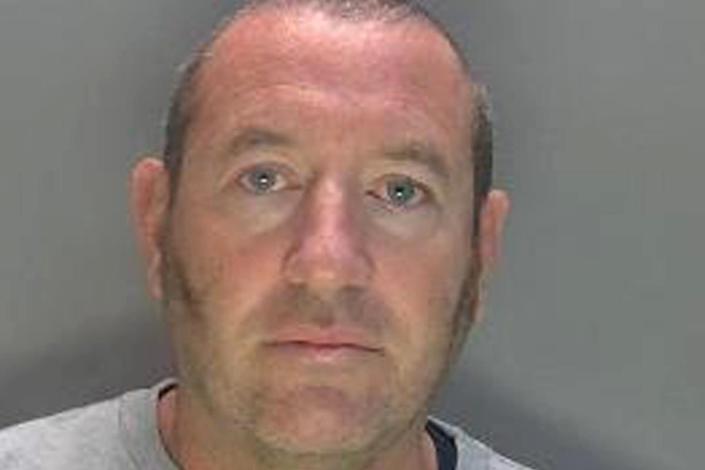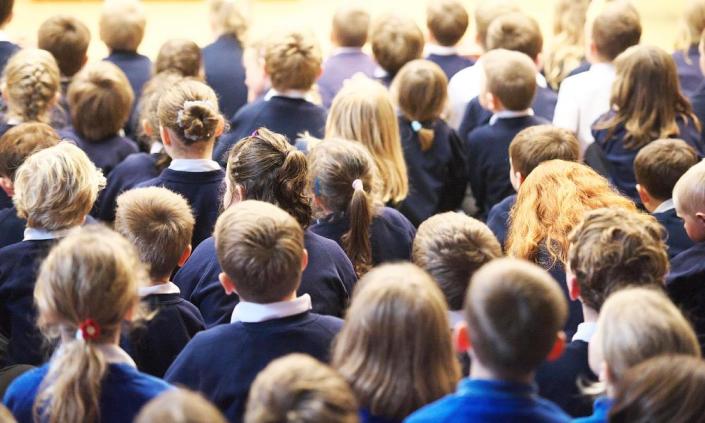
© Fethi Belaid, AFP
Mon, 30 January 2023 at 11:41 am GMT-7
Just 11.4 percent of Tunisian voters took part in a second round of elections for the toothless legislature, the electoral board said Monday in a final figure.
The two-round vote that ended Sunday saw the lowest participation since the 2011 revolution that toppled dictator Zine El Abidine Ben Ali and sparked the Arab Spring uprisings.
The legislature was defanged under a new constitution rammed through last year by President Kais Saied, the centrepiece of his overhaul of Tunisian politics which gave his office almost unlimited powers.
Only 895,002 out of over 7.8 million registered voters went to the polls on Sunday, the ISIE electoral board's chairman Farouk Bouasker told journalists in Tunis, raising the figure by a tenth of a percent from the 11.3-percent turnout initially reported.
Bouasker said 67.6 percent of those who cast ballots were men.
Experts say the Tunisian public, grappling with high unemployment, inflation and shortages of basic goods, has lost interest in politics.
Parties from across Tunisia's divided opposition had called for a boycott of the poll.
ISIE also announced initial results for each seat, but it was unclear what the results meant given that candidates were not allowed to run on party affiliations.
The new legislature will also include a National Council of Regions, but details on how the latter will be selected have yet to be announced.
Ten lawmakers will be needed to propose bills, and those put forward by the president will be given priority.
(AFP)
Aymen Jamli and Paul Raymond
Sun, 29 January 2023

Tunisia's main opposition coalition urged a united front against President Kais Saied after just 11.3 percent of Tunisians voted Sunday in a second-round poll for a toothless parliament in the politically divided nation.
"Almost 90 percent of Tunisian voters ignored this piece of theatre and refused to be involved in the process," Ahmed Nejib Chebbi, head of the National Salvation Front, told journalists.
"I call on political groups and civil society to join hands to work for change, in the form of Kais Saied's departure and early presidential elections."
Following a similar turnout in December's first-round vote, Sunday's poor participation was another blow to Saied, who has stripped the legislature of its powers and granted himself far-reaching authority since his dramatic 2021 power grab in the birthplace of the Arab Spring uprisings.
On July 25, 2021, Saied sacked the government and froze parliament before dissolving it and pushing through a new constitution -- granting him almost unlimited powers and sweeping away the system that had emerged from the 2011 revolt.
The latest poll was seen as the final pillar of Saied's transformation of politics, ushering in a new legislature that will have almost no authority to hold the president or government to account.
The National Salvation Front, which includes the Islamist-inspired Ennahdha party, said the low turnout exposed "the total failure" of Saied's project, and said it would not recognise the new parliament.
Chebbi urged key bodies including the powerful UGTT trade union federation, which has hesitated to openly oppose the president, to join forces.
- 'Bland campaign' -
Speaking after voting ended at 6:00 pm (1700 GMT), electoral board chief Farouk Bouasker said 887,638 out of more than 7.8 million registered voters had taken part in the poll, which followed December's widely boycotted first round.
Tunisians were divided over the poll.
Mohamed Abidi, 51, a waiter in Tunis, said there was "no way" he would vote.
"Saied isn't listening to anyone to find solutions for our situation. The whole economy is suffering but he's not interested -- he only wants to keep his place in the presidential palace," he said.
But in the southwestern town of Kasserine, Mokhtar Hermasi said he was doing his "electoral duty" despite a "bland campaign".
The head of the polling station where he voted said numbers picked up throughout the day, and many of those casting ballots were older.
According to the electoral board's initial figures, just five percent of those who voted were aged under 26, and more than two-thirds were men.
In Gafsa further south, Mohamed Tlijani and Ali Krimi said they had both voted for Tlijani's cousin.
"The electoral process has become exhausting but we want him to win, we have the right to have a representative in parliament," Krimi said.
Analysts had predicted a low second-round turnout, as major parties including Saied's arch-rivals Ennahdha, urged another boycott.
Youssef Cherif, director of Columbia Global Centers in Tunis, said before Sunday's poll that "this parliament will have very little legitimacy, and the president, who is all-powerful thanks to the 2022 constitution, will be able to control it as he sees fit".
With inflation above 10 percent and repeated shortages of household basics, the North African country's 12 million people have been focused on more immediate issues.
- 'Old system' -
Ratings agency Moody's downgraded Tunisia's credit score on Saturday to Caa2, citing "the absence of comprehensive financing to date to meet the government's large funding needs".
The cash-strapped country is struggling under debt worth around 80 percent of its gross domestic product.
Omrane Dhouib, 37, an apprentice baker in the capital, said he was struggling to make ends meet and had no faith in the political elite.
"Saied had the chance to make radical changes. He seized all powers but he did nothing," he said.
But taxi driver Belhassen Ben Safta, 60, was determined to vote to prevent a return to the previous, Ennahdha-dominated system.
"We've got to vote! We can't leave even the slightest possibility that the old system returns."
More than 32,000 Tunisians are estimated to have made irregular bids to reach Europe over the past year, as poverty and unemployment rise.
The election comes in the shadow of drawn-out negotiations with the International Monetary Fund for a bailout worth nearly $2 billion.
Cherif said the talks were stumbling over US concerns for the future of Tunisian democracy and Saied's apparent reluctance to "accept the IMF's diktats" on politically sensitive issues, including subsidy reform.
fka/par/srm

















